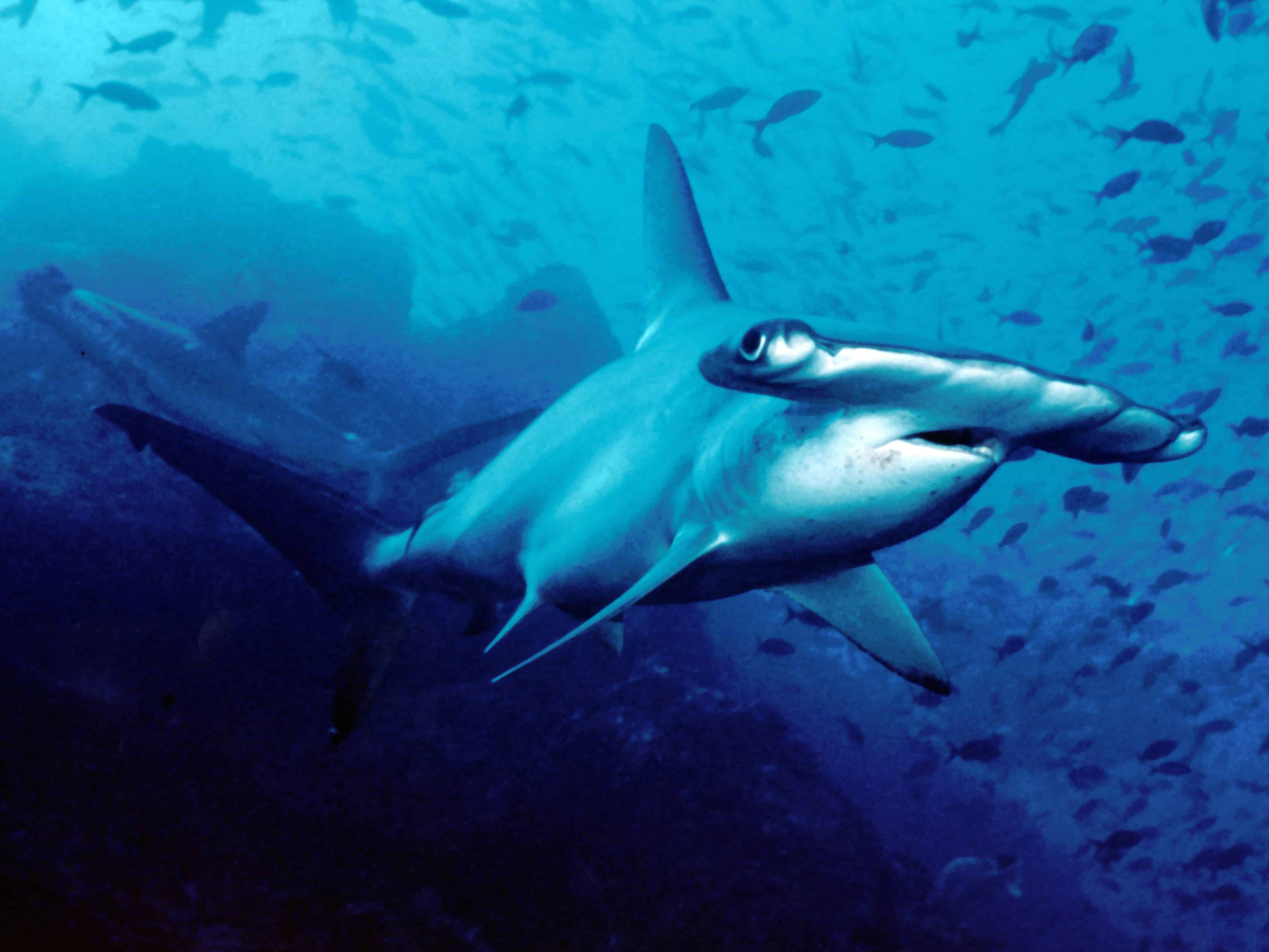Costa Rica’s fishing and aquaculture agency this week moved to temper a court ruling aimed at eliminating hammerhead shark bycatch, arguing key elements prove unworkable in practice despite supporting sustainability goals overall. The Institute of Fisheries and Aquaculture (INCOPESCA) petitioned for clarity around directives to totally eradicate incidental captures of prohibited species.
A June verdict from the Court for Environmental Matters ordered INCOPESCA, the Environment Ministry and federal government to enact policies “prohibiting extraction of hammerheads from national waters.” The decision also compelled sweeping exercises verifying full compliance both on ships and in ports.
But in a filing last week, INCOPESCA lawyers contend ambiguities around bycatch definitions and blanketextraction bans could chafe against reality. They note unintended catch occurs inherently during target species pursuit, regardless of gear.
“Bycatch refers to those unwanted catches that happen when fishing for commercial stocks,” the motion states. “Under this understanding, these catches cannot be avoided, and there will always be unwanted species ending up in fishing gear.”
Authorities argue vagueness opens the door to functionally unfeasible standards. Banning any hammerhead catch at all would logically require eliminating fishing activities as a whole near Costa Rican shores. Apart from devastating communities reliant on regulated harvests, INCOPESCA said such absolutism stretches beyond any reasonable burden.
The agency instead proposed reinforced prohibitions on equipment types known to commonly snare hammerheads. They also advocated enforcing safe release practices, expanding monitoring for violations and planning awareness campaigns with fishers. Rather than impossible perfection, the strategy promotes pragmatic harm reduction protecting sharks through collaboration.
The petition follows a lawsuit execution by attorney Walter Brenes Soto citing non-compliance with initial demands to classify three hammerhead varieties as endangered. Those efforts proved successful in June after evidence demonstrated significant population declines. Now INCOPESCA moves to reconcile vital conservation aims with fishery viability through constructive court dialogue.
While supporting strengthened species protections, the government body believes pushing swathes of families from generational livelihoods does little to aid shark preservation goals. Hence this latest motion for clarity – hammerheads may gain ground through cooperation, not unrealistic dictates forcing an industry versus environment stalemate.








